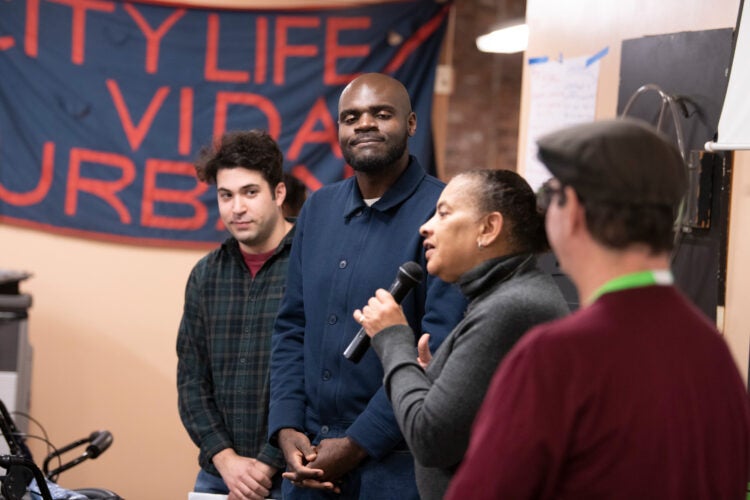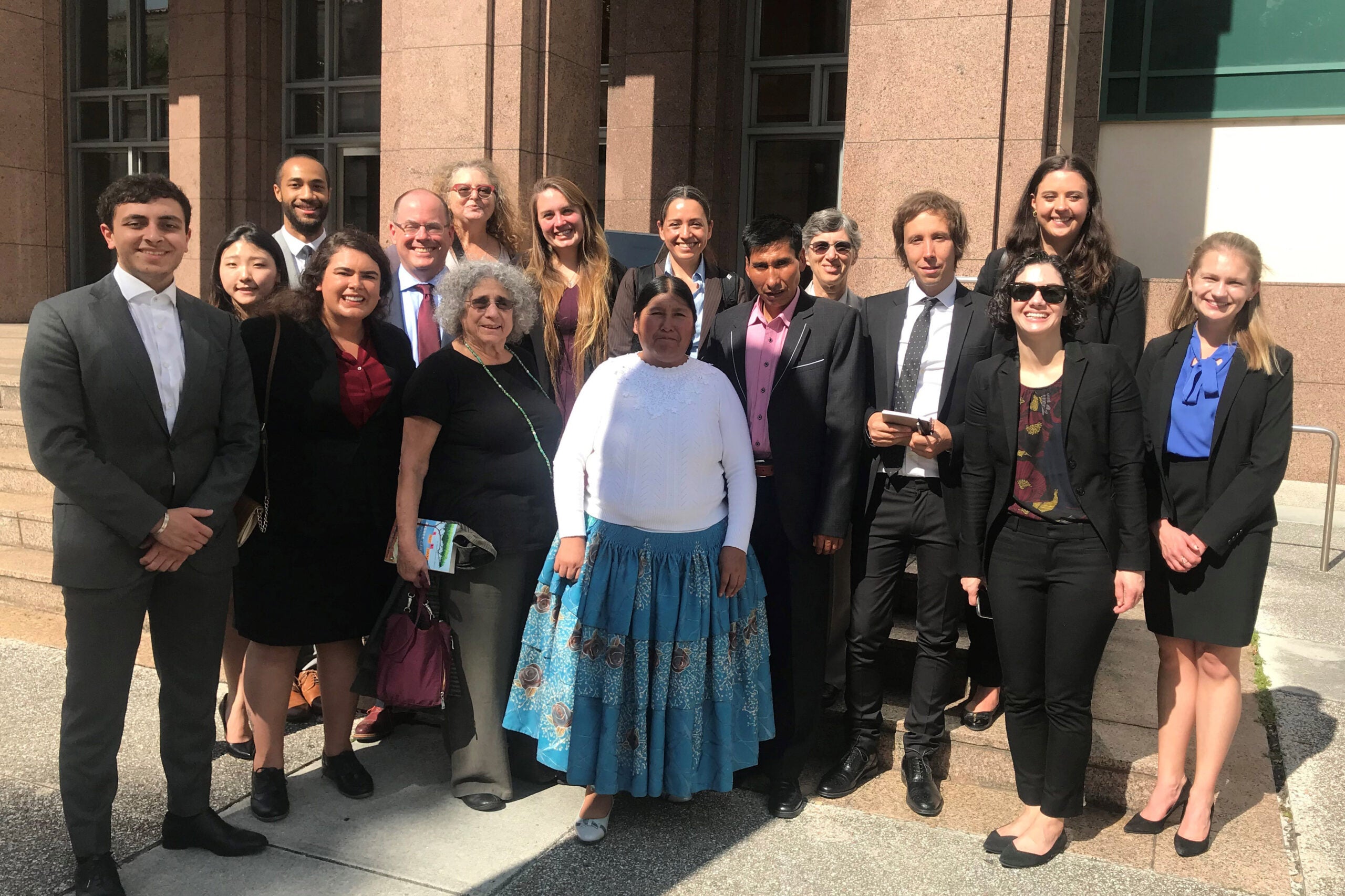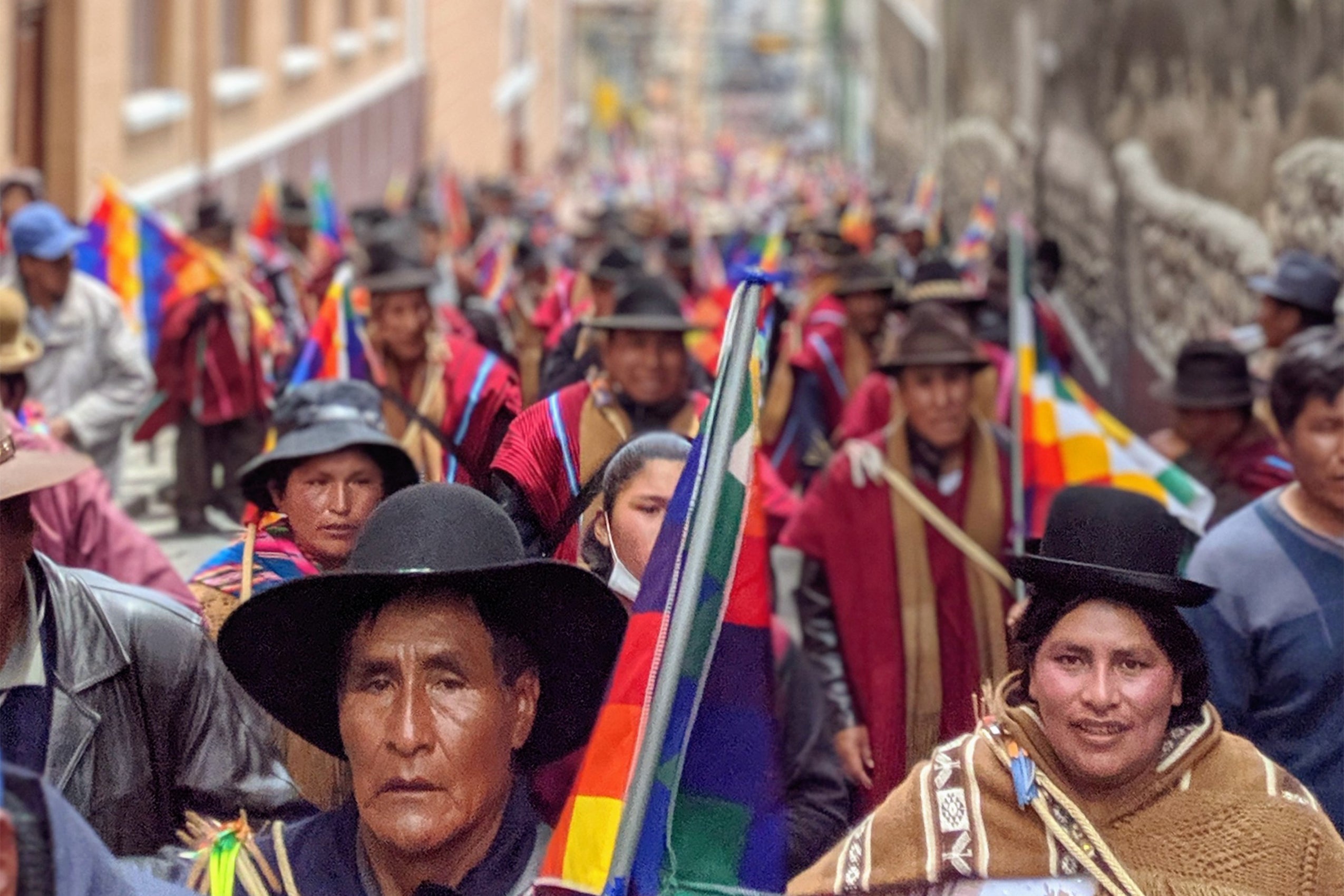People
Thomas Becker
-
U.S. appeals court rules against former Bolivian president and defense minister over 2003 massacre
August 5, 2020
On August 3, the U.S. Court of Appeals for the Eleventh Circuit vacated a trial court judgment that had been entered in favor of Bolivia’s former president, Gonzalo Sánchez de Lozada, and former defense minister, José Carlos Sánchez Berzaín, for the massacre of unarmed Indigenous people in 2003.
-
Embattled Bolivian mayor refuses to step down amid political crisis: ‘Quitting would be a betrayal’
August 4, 2020
The mayor of Vinto, a city nestled in the heart of Bolivia’s agricultural country, jokes her job is a lot like running a public complaints office: People call her when the garbage doesn’t get picked up or when their power or water utilities are interrupted. And in the six months since the coronavirus reached Vinto, Patricia Arce has also helped the local hospital procure supplies and delivered grocery baskets to families going without food because of the economic impact of isolation measures, she said. But she’s been doing her job under a cloak of fear since early November when an anti-government mob accused her of having organized a pro-government demonstration in which one person was killed. The mob pushed her through the streets of Vinto, forcibly cut her hair, doused her in red paint and demanded her resignation...The Áñez administration has harassed her, accused her of kidnapping herself, and charged her with sedition, according to a report out this week by Harvard University Law School’s International Human Rights Clinic and the nonprofit University Network for Human Rights. Arce's case is among the dozens of human rights violations that have been perpetrated under the government of interim President Jeanine Áñez, the report says...Thomas Becker, an instructor at Harvard's international human rights clinic and a co-author of the report, was working in the central city of Sacaba on Nov. 15 when government security forces killed nine people, he said. That day, he began measuring the trajectory of the bullets in the confrontation, and concluded they had all originated on a bridge from where the military was stationed, he said. “What happened is horrific,” Becker said.
-
New report documents human rights abuses in Bolivia
July 31, 2020
Harvard Law School’s International Human Rights Clinic and the University Network for Human Rights released a report Monday documenting widespread human rights abuses carried out under Bolivia’s interim president since she assumed power in November 2019.
-
Since the head of Bolivia’s armed forces “suggested” to Evo Morales that he resign the presidency on Nov. 10, following contested elections in October that were marred by allegations of fraud, Bolivia has been in a tense limbo. Two days after the military’s nudge, Morales arrived in Mexico, where authorities had granted him political asylum. In La Paz, the conservative vice president of the Senate, Jeanine Anez, declared herself his replacement. Street clashes and crackdowns on protesters have escalated since then. Can the new government, which insists it is only transitional while acting otherwise, establish its legitimacy and reduce the risk of deeper unrest? ... “This is part of the dramatic spike in violence in Bolivia since Evo Morales was forced to resign,” said Thomas Becker, a clinical instructor at Harvard Law School’s International Human Rights Clinic who has worked extensively on human rights issues in Bolivia. He interviewed the survivors of the Sacaba attack the next day. “I heard dozens of accounts of soldiers shooting unarmed civilians, including individuals providing assistance to other injured people,” he told me. “People reported that soldiers beat protesters while yelling racial slurs at them, which only escalates an already tense situation.”


